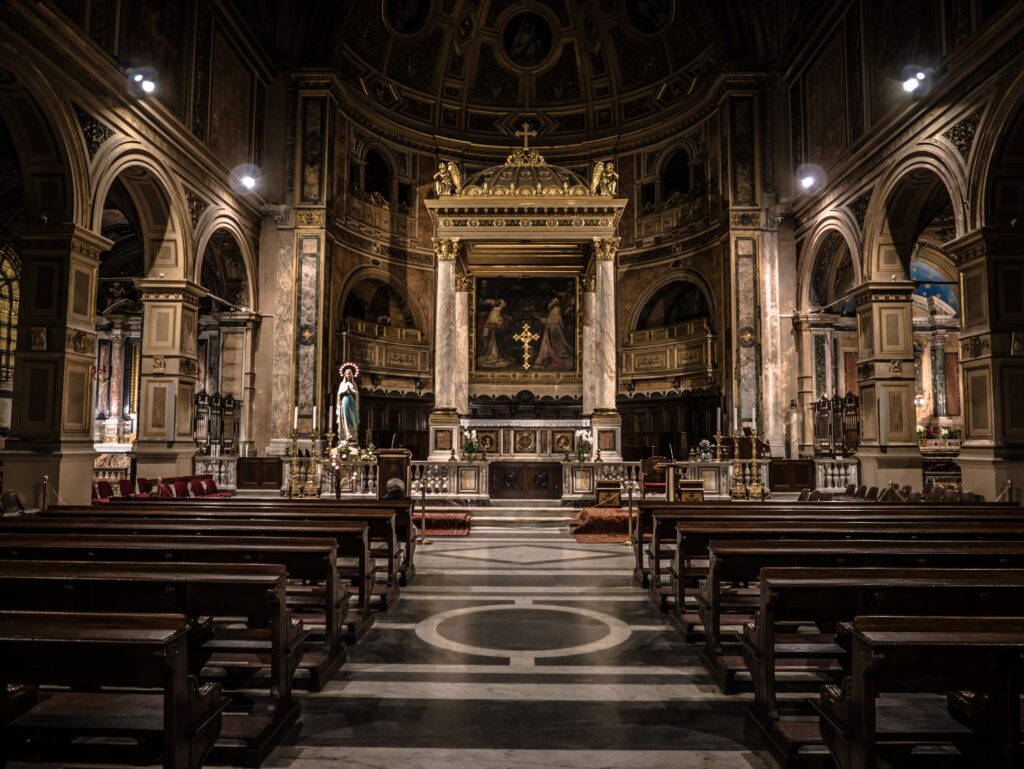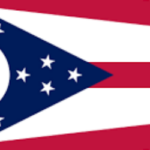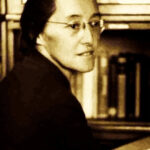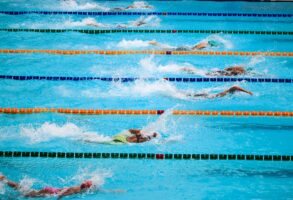
Published March 29, 2023
The Creation Theology Fellowship
Creation plays a central role in the new document issued by US bishops to counter bodily mutilation for the sake of gender ideology. On March 20, the Committee on Doctrine of the United States Conference of Catholic Bishops (USCCB) issued a Doctrinal Note “On the Moral Limits of Technological Manipulation of the Human Body.” The focus is on how new technologies, “chemical, surgical, genetic,” are being used to carry out physical alterations for so-called “gender transitions.” These are alterations which harm healthy bodily functions, such as regulation of hormones, and remove healthy body parts to alter “gender-related functioning and appearance of the body.”
In the document, creation provides a framework that sheds light on the design and meaning of the human body. From this, these bishops explain with helpful nuance why interventions that are “injurious” to the human body and “alter the fundamental order of the body” are to be morally condemned. They explain “it is necessary to employ criteria that respect the created order inscribed in our human nature.”
The Doctrinal Note explains the relationship of the body to creation as well as the dangerous implications of turning our backs on this. “What is true of creation as a whole,” they explain, “is true of human nature in particular: there is an order in human nature that we are called to respect.” They continue, “We did not create human nature; it is a gift from a loving Creator.” They contrast this with how “thinking that we enjoy absolute power over our own bodies turns, often subtly, into thinking that we enjoy absolute power over creation,” as Pope Francis wrote in Laudato si’.
Jennifer Bryson, Ph.D., is a Fellow in EPPC’s Catholic Women’s Forum. Currently, she is translating the works of Ida Friederike Görres (1901-1971) from German to English while in residence at the Pope Benedict XVI Philosophical-Theological Institute, known as Hochschule Heiligenkreuz, in Austria.
Jennifer Bryson, Ph.D., is a Fellow in EPPC’s Catholic Women’s Forum. Currently, she is translating the works of Ida Friederike Görres (1901-1971) from German to English while in residence at the Pope Benedict XVI Philosophical-Theological Institute, known as Hochschule Heiligenkreuz, in Austria.












